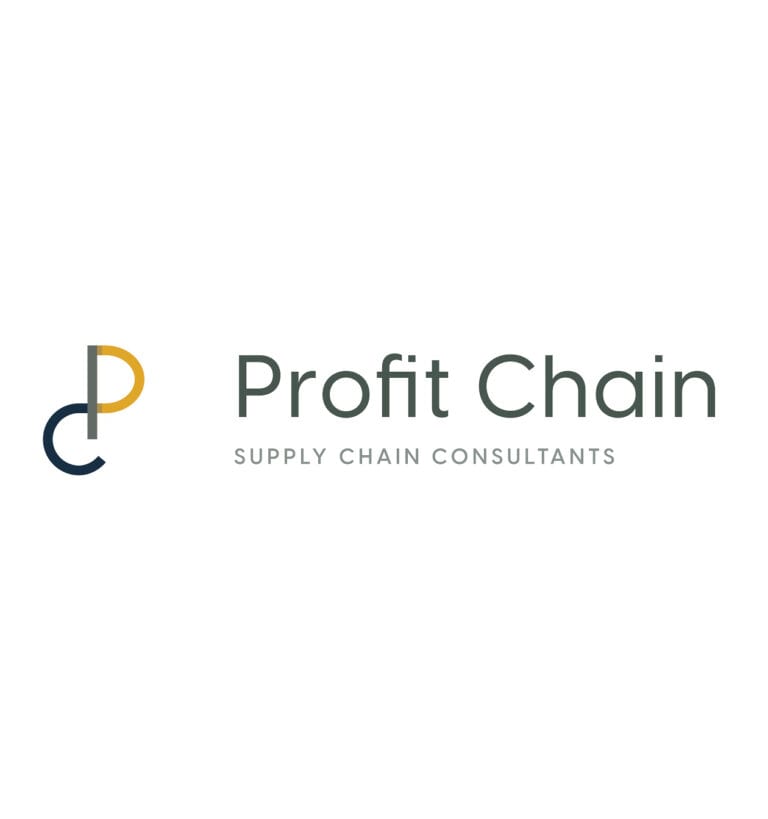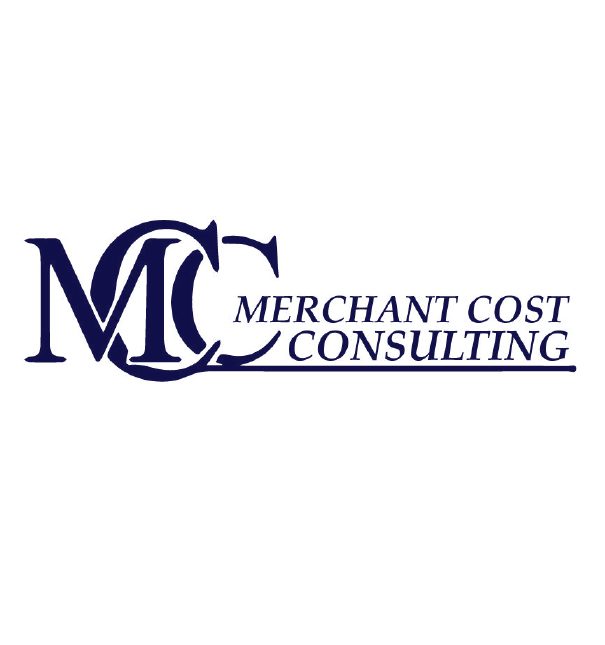For a successful furniture retail business, inventory management is crucial. It is a delicate balance between having enough inventory to meet customer demand and not having so much that it ties up capital and leads to unnecessary markdowns. This blog post shares insights and strategies to effectively manage your inventory and avoid costly mistakes. The insights and tools mentioned are drawn from the Tools2Win® suite of tools created by a retailer for other retailers.
The landscape of inventory management is constantly changing. From 2019 to 2023, the months of warehouse inventory increased by 50%, from 0.6 months to 0.9 months. The months of stock on order peaked in 2021 at 2.1 months and is now back down to 0.5 months in 2023, which is at pre-pandemic levels. Another noteworthy trend is that the total inventory dollars as a percentage of sales continue to trend upward from a low of 14% in 2021 to 23% in 2023. One significant trend is the reduction of vendor lead times. With a 62% reduction in average order time from April 2022 to March 2023, products are coming in quicker. It is important to consider canceling what you can and reducing orders in the future to avoid overstocking.
Inventory management comes with a unique set of challenges. These can range from having too much inventory and running out of room in the warehouse to uncertainty about which orders to cancel or what items to put on clearance. The way to overcome these challenges is through optimizing inventory levels, prioritizing the best-selling products, having a clearance strategy, implementing a reordering system, and optimizing space.
Optimizing inventory levels involves using inventory management software to keep accurate records of stock levels, sales, and purchase orders. It is crucial to determine optimal inventory levels based on historical sales data, customer demand, and market trends. Regularly conducting physical inventory audits ensures that the inventory levels match what is recorded in the point-of-sale system. Keeping track of supplier lead times and adjusting inventory levels accordingly helps to avoid stockouts. Avoid overstocking as it ties up capital and storage space, leading to unnecessary costs. Highlight certain items on your website or create high-impact promotions to reduce inventory levels.
Another strategy is to focus on best-selling products that generate the most revenue. It helps to reduce the risk of overstocking slow-moving products. Displaying best-selling products prominently in the store and on your website attracts customers and encourages purchases. Use visual merchandising techniques such as attractive displays to highlight these products. Offering promotions on these products can also encourage sales and increase customer loyalty. Ensure that all sales staff know what the best-selling groups are and remain focused on selling them.
Having a clearance strategy is essential for dealing with items that do not sell. Moving non-selling items back to the warehouse only adds to the inventory problem. These items should be moved to a clearance or outlet center. Implementing an auto markdown schedule and incentivizing salespeople to sell these items can prove beneficial. These items should also be featured prominently on your website. As a last resort, consider giving them away in a marketing campaign or donating them.
A reordering system ensures that you always have enough stock. This reordering can be done through automated systems. The goal is to order the right merchandise and quantities based on inventory, current orders, and sales rate.
Optimize your showroom space to maximize the capacity of your showroom. This optimization will help in reducing costs and improving efficiency. One method to accomplish this is to look at a category’s return on investment and determine which categories to grow and which to shrink. As a result, the showroom space will be maximized to maximize margin dollars. A similar method can be used with vendors to assist in determining which vendors to grow and which ones to shrink.
Optimizing inventory levels, prioritizing best-selling products, having a clearance strategy, implementing a reordering system, and optimizing space can all help retailers succeed with overall inventory management. By following these tips & advice, retailers can manage their inventory more effectively, avoid costly mistakes, and maintain profitability.














